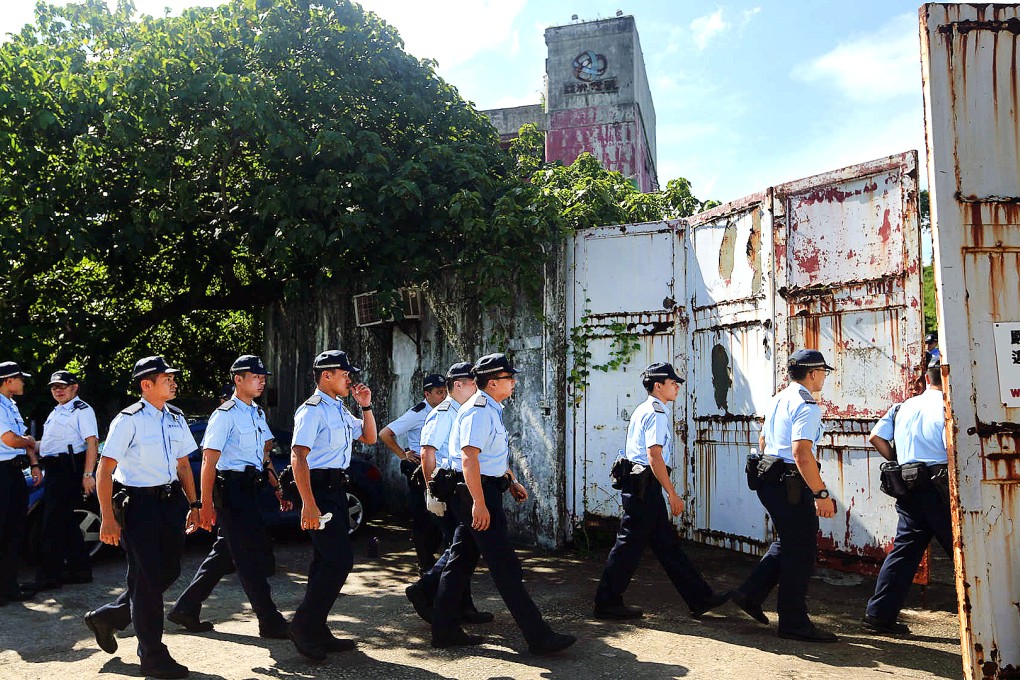10 activists held in ‘plot to detonate bombs’ as Hong Kong debates reform bill
Officers arrest 10 allegedly involved in plan to set off blasts during Legco debate on 2017 poll

Police arrested 10 people yesterday after discovering powerful explosives the suspects were allegedly plotting to set off to cause mayhem and bloodshed during this week's Legislative Council debate on electoral reform.
Some of the 10 Hongkongers - six men and four women aged between 21 and 58 - are believed to be core members of a local radical group, the "National Independent Party", which was reportedly formed in January.
"Bomb and kill you all ... Long live democracy" one of the suspects told investigators after the arrests, sources told the South China Morning Post last night.
Along with the arrests, police seized maps that showed the locations of Admiralty and Wan Chai and a dynamite depot in Ma On Shan.
Chief Superintendent Au Chin-chau, head of the force's Organised Crime and Triad Bureau, said: "There are possibilities that this group of people may want to do something in those particular locations."
